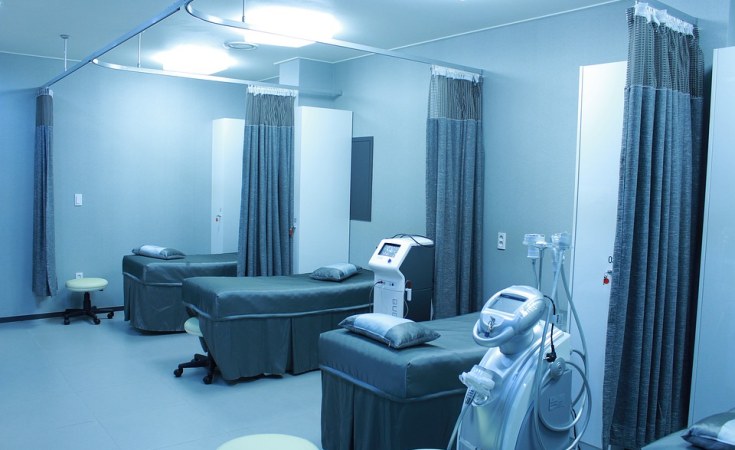Health Minister, Dr Joe Phaahla, described the passing of the Insurance (NHI) Bill in the National Assembly on Tuesday as a "historic" moment.
This comes after 205 Members of Parliament (MPs) voted in favour of the NHI Bill and 125 voted against it.
This means the Bill will now be submitted to the National Council of Provinces (NCOP), paving the way for government to forge ahead with Universal Health Coverage (UHC).
"This in itself is a major milestone. We've been on this path over a long period, almost 12 to 14 years, starting with policy development and was also delayed by the advent of the pandemic after it was submitted to Parliament."
According to Phaahla, the NHI Bill, which was introduced in Parliament in 2019, lays a foundation for major reforms needed in the country.
"It's a major milestone in a sense that since the advent of democratic South Africa, in the health sector, we focused on improving access from the time of President [Nelson] Mandela. Policy decisions were taken in terms of free access to healthcare for pregnant women and children under the age of six and subsequently opening primary healthcare service free of charge for all users."
The NHI aims to provide equitable access to quality health services for all South Africans based on their health needs, instead of their socio-economic status and geographic location.
"Private health and public health travelling on parallel tracks but both surely going toward crashing while if they can be pooled together there is a good chance of complementing each other," he said.
He told MPs that the state inherited a "fragmented" race-determined health system in which government had to build a national democratic and equal access health system.
"What we have not been so successful over is the avoidance of replacement of race-based differentiation of access and quality by a class-based differentiation. As inequality has been growing in our country even cutting across race," he explained.
Only 16% of South Africans are covered by a medical aid scheme, while 84% depend on 49% of resources from the fiscus and services provided by the public health system only.
"This has led to a situation where the public health system is under tremendous pressure while the private healthcare is over-servicing its clients leading to ever-rising costs to the members of medical schemes while the investors are enjoying huge dividends," he lamented.
"The reality is that this situation is not sustainable."
He said another "injustice" was that almost all healthcare professionals are trained at the expense of all taxpaying South Africans.
"But also clinical training is done on ordinary South Africans who use public clinics and hospitals but once we become specialists and super specialists we become available to only the top payer."
He explained that the NHI seeks to pool resources of those who can only contribute to the fiscus through indirect means such as VAT and other collections and those already contributing into 81 different schemes to one pool.
This pool, according to the Minister, will then purchase services from both the public health system and private providers from the lowest level of care up to the highest.
"In doing so we can achieve access, equity and quality but also drive down costs."
According to Phaahla, in major developed countries that have introduced UHC, the pooled national insurers such as the National Health Service (NHS) in the United Kingdom and similar systems in Canada and various Scandinavian countries determine the prices.
"No significant private medical insurance exists in the UK. One of the big three private hospital groups making billions of profits here in South Africa could not survive in the UK because prices for private service providers there are determined by the NHS, not the market made from desperate sick people."
He acknowledged that the NHI will not be the silver bullet to fix all health problems.
Phaahla also acknowledged the genuine fears of those who have access to private services where there are no queues, no waiting times, and no shortage of commodities.
"We accept that admission to hospital when you are at your most vulnerable is the fear of all of us.
"Access to an equipped ambulance and a properly equipped emergency room with a trained staff that is what we worry about."
However, he said there are pockets of excellence even in the overburdened public health system and said government is addressing corruption and mismanagement.


